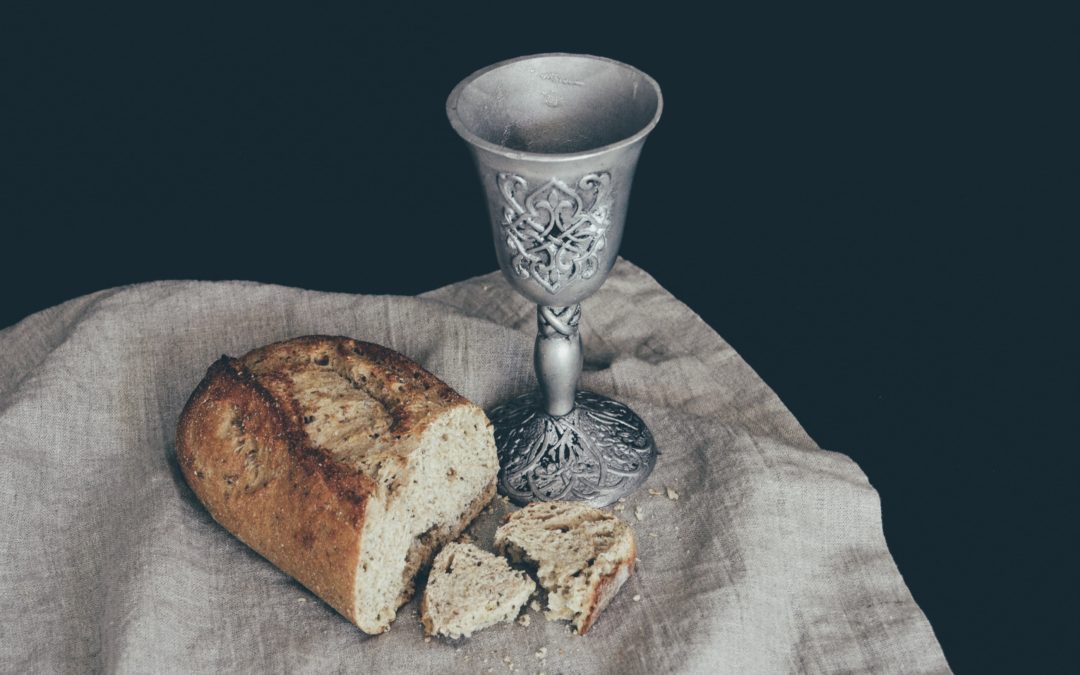Two weeks ago we looked at the importance of ‘the obedience of faith’ (Rom 1:5) in protecting against the two main errors in preaching the gospel; those being ‘legalism’ (it’s ALL about obedience) and ‘licence’ (obedience doesn’t matter at all). This week I want to look at the two errors Christians historically make when it comes to the Lord’s Supper.
One error is to claim we are offering a religious duty (or sacrifice) to God in the Lord’s Supper. The Roman Catholic Church teaches that the Eucharist is a re-sacrificing of Jesus’ actual body and blood, and that those who ingest the elements receive a spiritual boost in their standing before God; i.e. they have less sin to atone for. While the Protestant Church rejected this teaching during the Reformation, certain ‘High-Church’ pockets still claim that partaking of Communion still improves our standing before God, through this religious duty earning us spiritual brownie points.
At the other end of the spectrum is the error to view the Lord’s Supper as nothing more than a remembrance meal. Such a view picks up Jesus’ own words ‘do this in remembrance of me’ (Luke 22:19), as well as strongly opposes the first error that Communion is effectual for salvation. This error risks only partaking of the Lord’s Supper to fulfil all righteousness in obeying Jesus’ command.
These two errors are avoided if one understands that Communion is effectual in the life of the Christian in the same way that a sermon is; i.e. it helps us see Jesus more clearly, love Jesus more dearly, and follow Jesus more nearly. Where a sermon engages our hearing, Communion reminds us of Jesus’ death using our sight, taste and touch. If partaken of correctly, this remembrance meal should make the believer WANT to exhibit the obedience of faith, thus living the way Jesus wants his followers to live.






